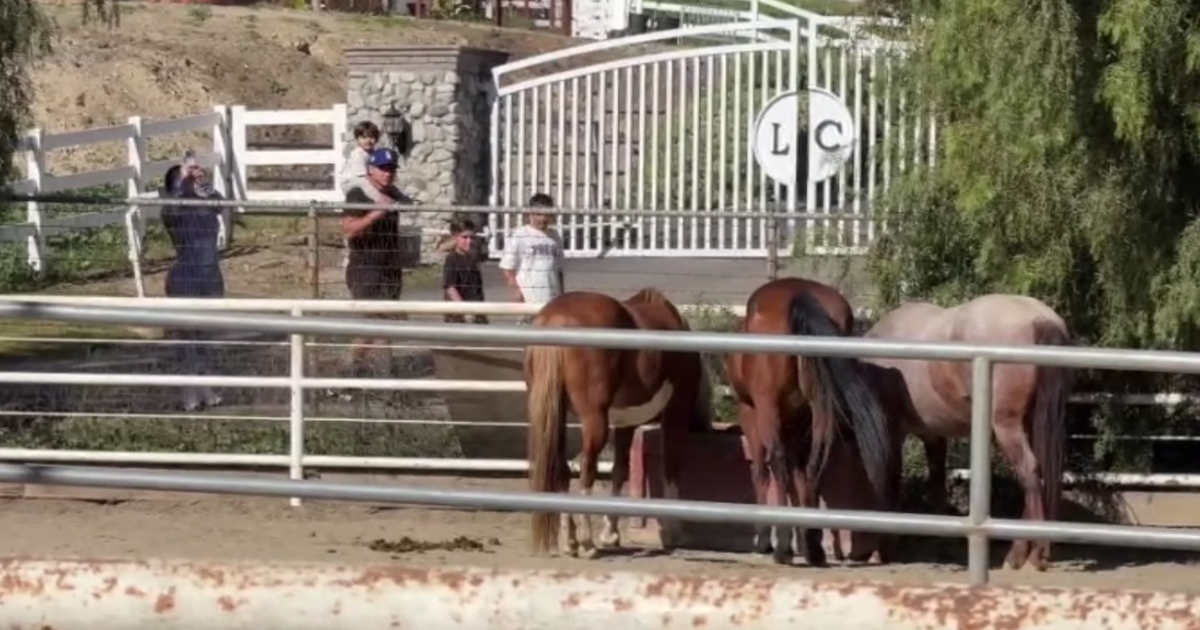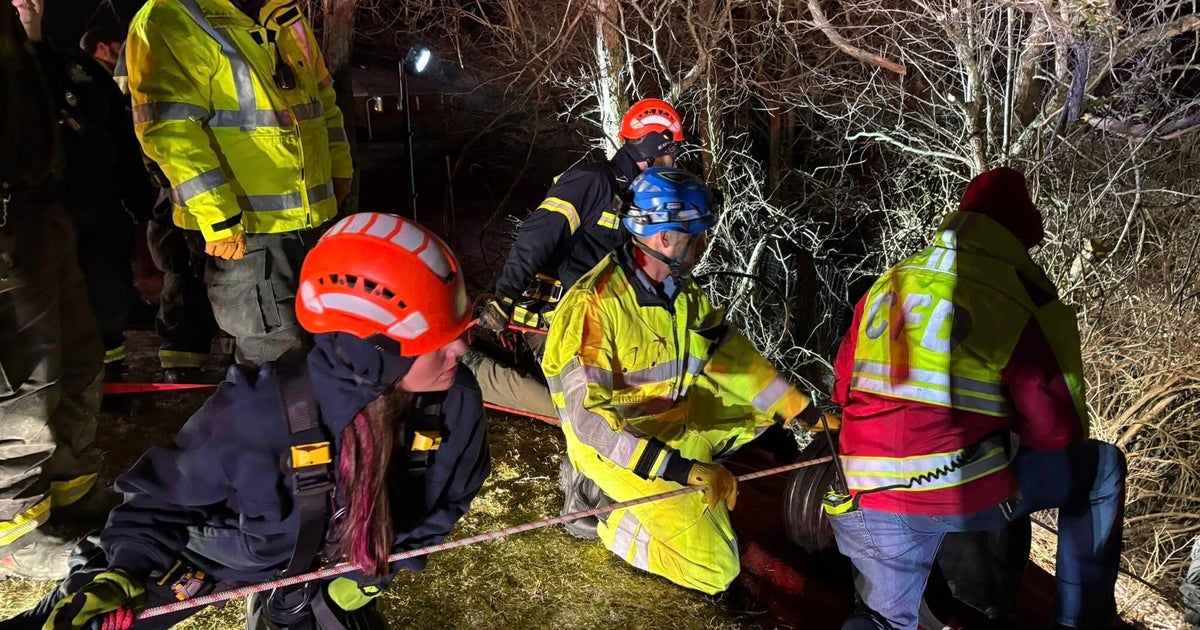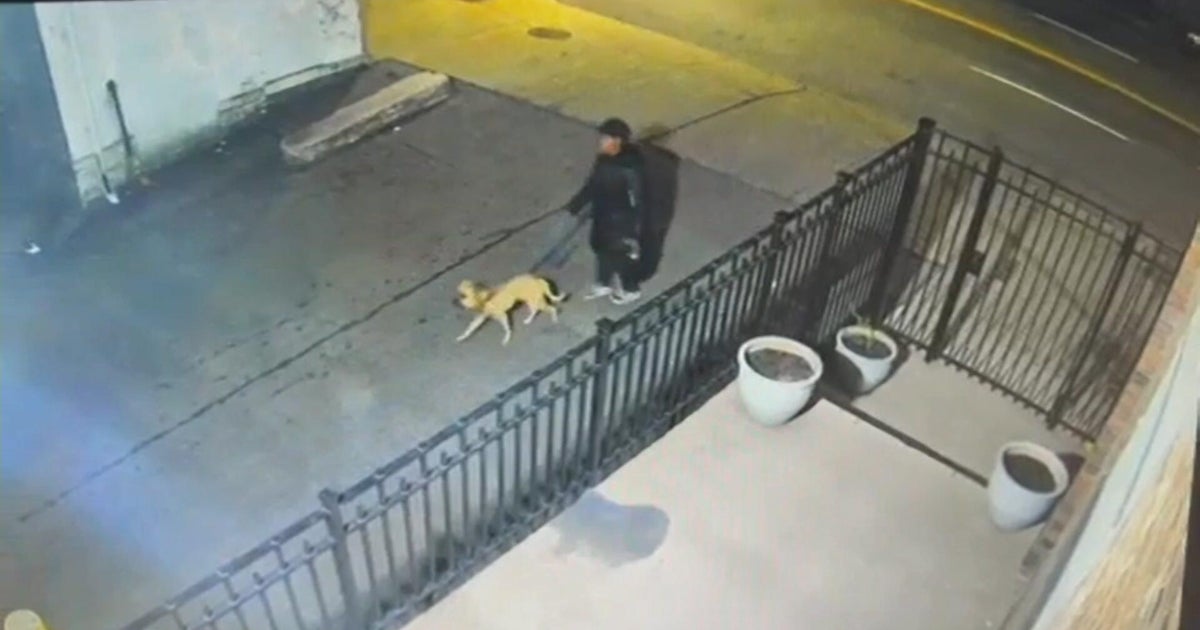Dangerous heat has Kane County horse rescue keeping animals inside
CHICAGO (CBS) -- Amid the dangerous heat this week, a horse rescue and sanctuary in Kane County has been doing everything they can to keep their animals safe.
For Casey's Safe Haven Holistic Horse Rescue, it's about survival, in more ways than one.
On any other day, you'd find their horses on the open fields in Maple Park, but amid dangerous heat and humidity, staff were keeping the animals inside on Wednesday and Thursday – under constant monitoring, with only the occasional trip out back for an emergency cooldown with hoses.
"If he is standing here, he's enjoying it. If he is in Wisconsin, he's not enjoying it; or New York, or New Jersey, wherever he'd run to," horse trainer Mitch Bornstein said.
With animals this big, Bornstein said you have to stay ahead of the heat, using a specialized stress test to guide them.
"The index we use is heat plus humidity, so it's very simple. An 80° day and 80% humidity is 160. And at 180, the horses cannot self-regulate their thermal heat," He said.
Each stable at Casey's Safe Haven has been equipped with a fan, and a backup; some with a third roaming fan to get relief to the horses that need it most.
Almost every horse in the barn is dealing with medical issues or advanced age.
One horse, blind with no eyes, still finds the breeze, leaning into the fan, the wind blowing back its mane.
The safety efforts have been driving up the electric bill at a time when budgets are tight.
"COVID has decimated pretty much every rescue because funding not only dried up, it disappeared," Bornstein said.
Bornstein said a hospital visit costs anywhere from $2,000 to $20,000.
"COVID and post-COVID has knocked out rescues all over the country. They have just folded, because they simply can't keep up with the bills that they have incurred in this business," he said.
That means heat exhaustion would be costly, not just for the animals.
Even when you see cooler temperatures in the forecast starting Friday, because of the size of these animals, it will be several days before they are out of the danger zone and can go back to their normal routine.







